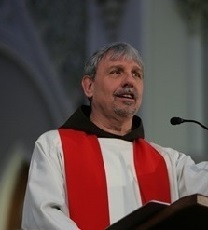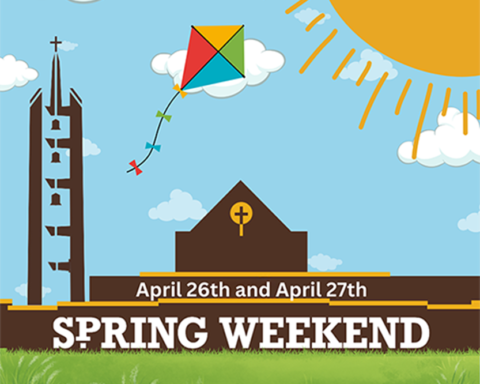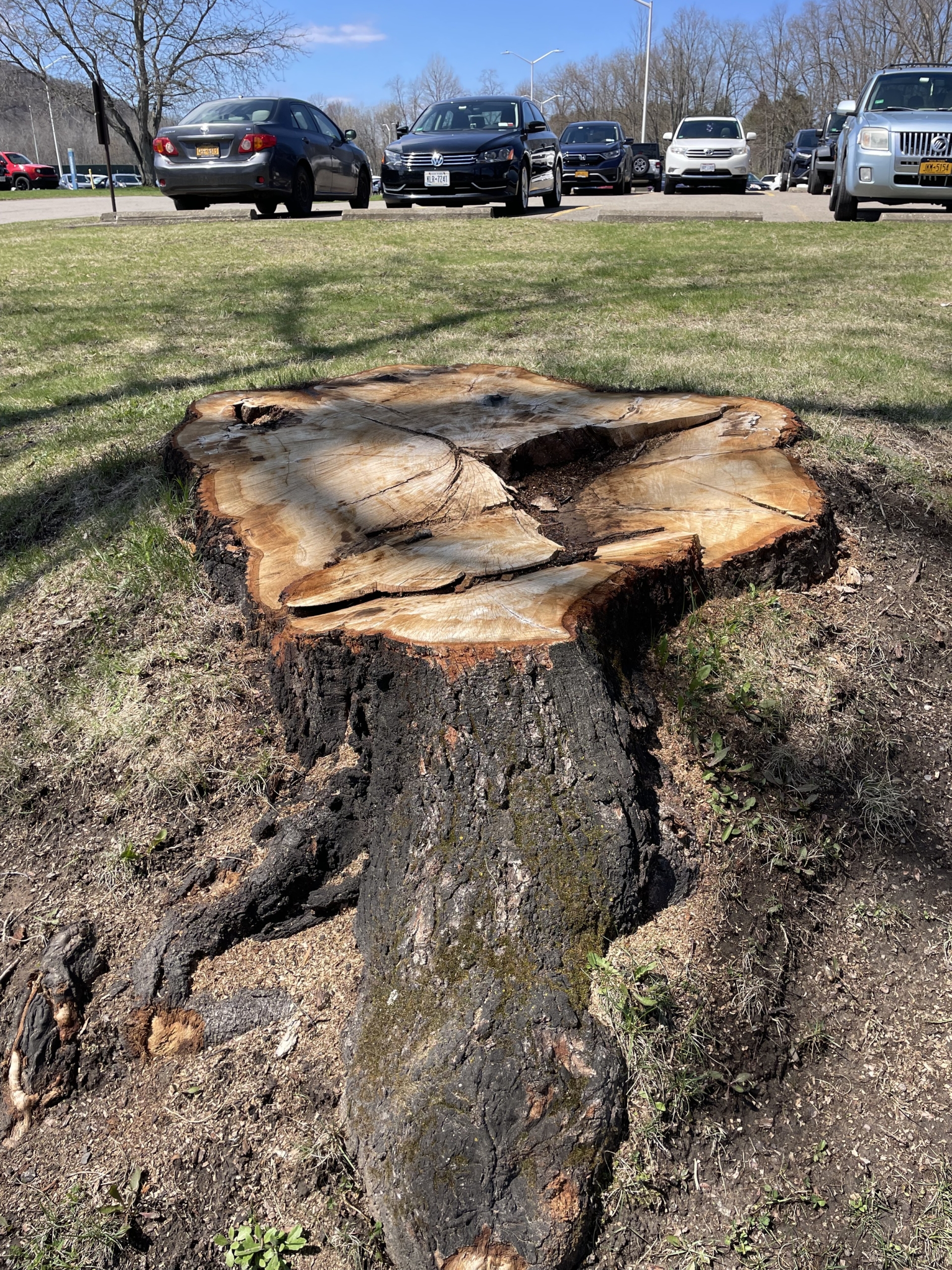By Jason Klaiber
Staff Writer
Father David Couturier, O.F.M. Cap., dean of the School of Franciscan Studies, and Father Dominic Monti, former interim president of St. Bonaventure University, presented to faculty members in the Doyle Trustees Room on Feb. 27 concerning the role of Franciscan and Catholic traditions in the classrooms of St. Bonaventure.
Father David talked about the importance of a liberal arts education.
“I have come to believe that a good liberal arts education should keep you occupied, agitated and attentive for the rest of your life,” Father David said. “A liberal arts education should never just be about helping students find their first slots in the economic mainstream.”
Father David also said a liberal arts education should inspire students to wrestle with questions attached to such aspects of everyday society as love, judgment, justice, violence, grace and forgiveness.
“At a time when everything must have a price tag, and it seems that everyone has been commodified, we offer students something priceless: a four-year opportunity to develop the muscle of thoughtfulness,” Father David said.
The Franciscan Institute has sought to fulfill this purpose, more specifically in the realm of Franciscan studies. The organization has researched the history of the Franciscan language for 50 years.
However, Father David noted that the institute’s texts and discoveries have been tucked away in the basement and no longer receive much attention.
Father David expressed that the Franciscan mindset—characterized by solidarity and generosity—easily can be fused into all lesson plans.
Father Dominic closed the presentation by addressing his sentiment that reanalyzing the concept of “self-identity” will keep the university alive. He asserted the importance of this ongoing examination about how Franciscan values, particularly the accentuation on unity in a community like St. Bonaventure, fit into the classrooms and not just university ministries.
He then brought up the word “Jesuit,” the perception of which, he argued, stands in contrast from that of the word “Franciscan.”
“The word ‘Jesuit’ conjures up images of scholarship, libraries [and] brilliant lecturers,” Father Dominic said. “Higher education has been a constituent feature of Jesuit identity for more than 500 years. Even with 24 colleges in the United States with Franciscan roots, it’s difficult in some ways to say what we stand for. Whether we like it or not, Franciscans tend to be associated more with soup kitchens than schools.”
The talk was followed by a question-and-discussion period and then a reception, between which the first edition of the new magazine “Franciscan Connections” was handed out to faculty members. The magazine intends to update people involved with Franciscan institutions nationwide, including those who work at St. Bonaventure, on current events pertaining to Franciscan learning.
“On the whole, I thought it was very encouraging,” Gerald Boersma, a professor of theology, said. “It raised critical questions in terms of how we infuse this ideal into our core curriculum, so it doesn’t just remain an ideal, but something that we see instantiated in our core curriculum so that it can form and shape our education.”
Boersma said the message of the talk has “immediate and great bearing” on the university’s theology department, because it is entrusted with instruction of the Catholic and Franciscan Heritage course, which belongs to the core curriculum.
“As a faculty member, I am very committed to St. Bonaventure’s Catholic-Franciscan mission,” education professor Karen Wieland said.
Wieland said the issue the faculty is grappling with is how the core curricular options at St. Bonaventure can be improved to make the university a more attractive destination for incoming freshmen and a more viable option for transfer students.
Computer science professor Anne Foerst said she found it “very easy” to implement Franciscan ideas into her core curricular and honors classes.
Foerst also said she tries to bring these “philosophical musings,” as she calls them, to her information technology courses, an approach she admits is more difficult.
“[The university is] trying to become more student-centered, and the Franciscan focus on the person dovetails with this beautifully,” Foerst said. “The ideal would be to create a core curriculum that will help our students to find out who they are, how to live a good life and how to find their place in an increasingly globalized society. All in all, [the talk] was a great start for the revision of our core.”




